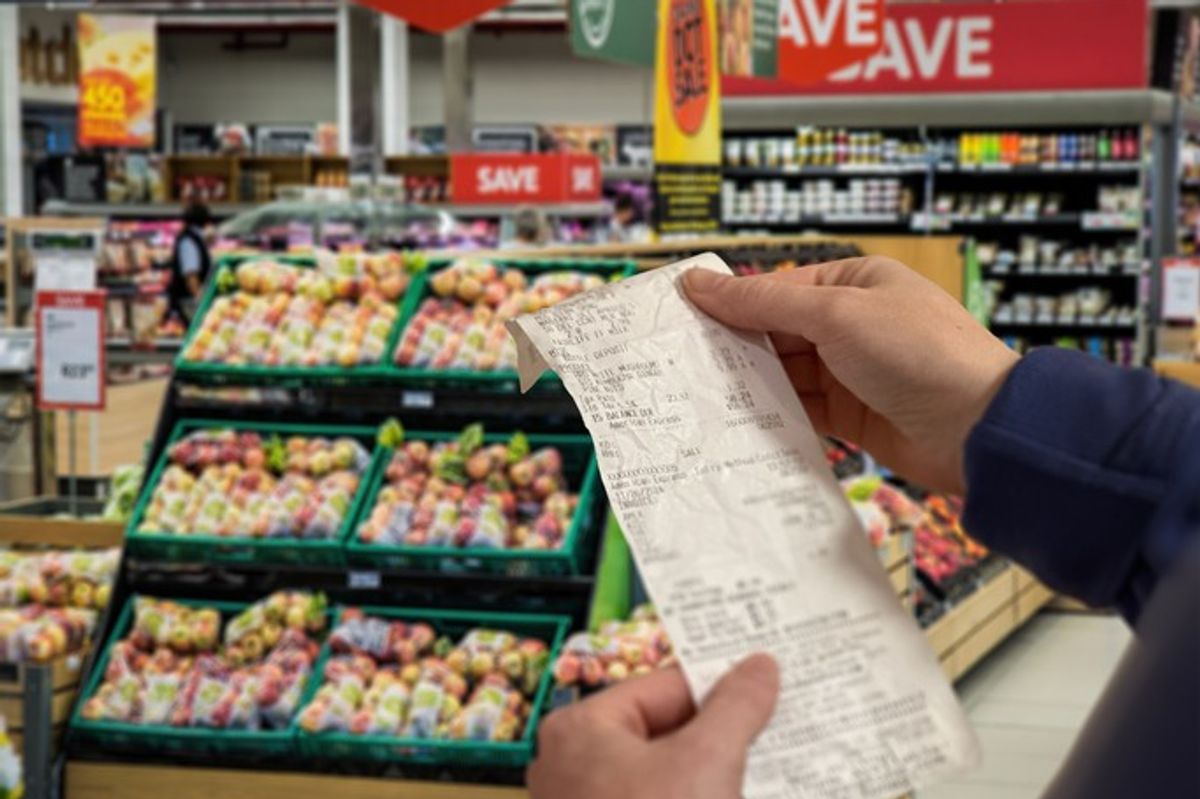Food inflation held steady in September after seven consecutive months of rises, shows to the latest figures released today (Sept 30).
According to British Retail Consortium, food inflation remained unchanged at 4.2 per cent in September, compared to an increase of 4.2 per cent in August.
Fresh Food inflation was unchanged at 4.1 per cent year on year in September, against growth of 4.1 per cent in August. This is above the three-month average of 3.8 per cent. Ambient Food inflation was unchanged at 4.2 per cent year on year in September, against growth of 4.2 per cent in August. This is below the 3-month average of 4.5 per cent.
Shop price inflation increased to 1.4 per cent year on year in September, against growth of 0.9 per cent in August and 3-month average of 1.0 per cent.
Non-Food inflation increased to -0.1 per cent year on year in September, against a decline of -0.8 per cent in August. This is above the 3-month average of -0.6 per cent.
Commenting on the figures, Helen Dickinson, Chief Executive of the BRC, said, “A year and a half of non-food deflation looks set to come to an end, as inflationary pressures spread beyond food. DIY and gardening saw rising prices, while some back-to-school categories continued to see reductions as retailers offered promotions on electricals such as laptops ahead of the new academic year.
"Food inflation held steady after seven consecutive months of rises but increased labour and energy costs continue to push up input prices for many farmers, particularly of cattle, with dairy and beef prices remaining high.
“Households are finding shopping increasingly expensive. The impact on retailers and their supply chain of both global factors and higher national insurance and wage costs is playing out in prices for consumers.
"The new packaging tax, set to take effect in October, will put further upward pressure on inflation. While retailers continue to absorb higher costs as much as possible and deliver value to customers, any further tax rises in the upcoming Budget would keep shop prices higher for longer.
"Ultimately, it is British households who will bear the consequences—positive or negative—of the Chancellor’s decisions.”
Mike Watkins, Head of Retailer and Business Insight, NIQ, said, “With inflationary pressures persisting, many shoppers remain concerned about their personal finances and are becoming increasingly price-sensitive.
"As a result, retailers are likely to continue offering promotions and deals in the coming weeks to help maintain sales momentum.”


